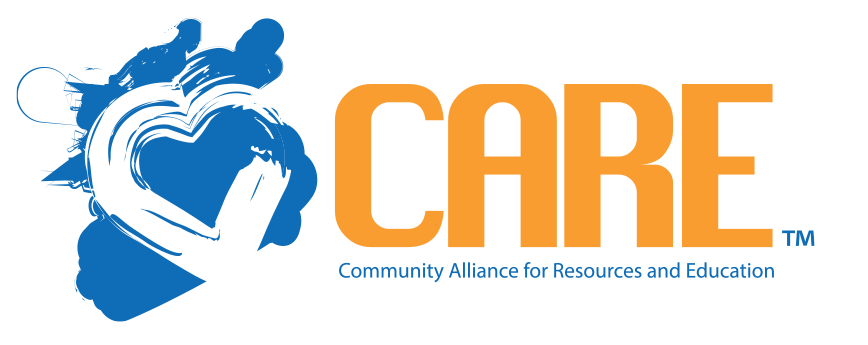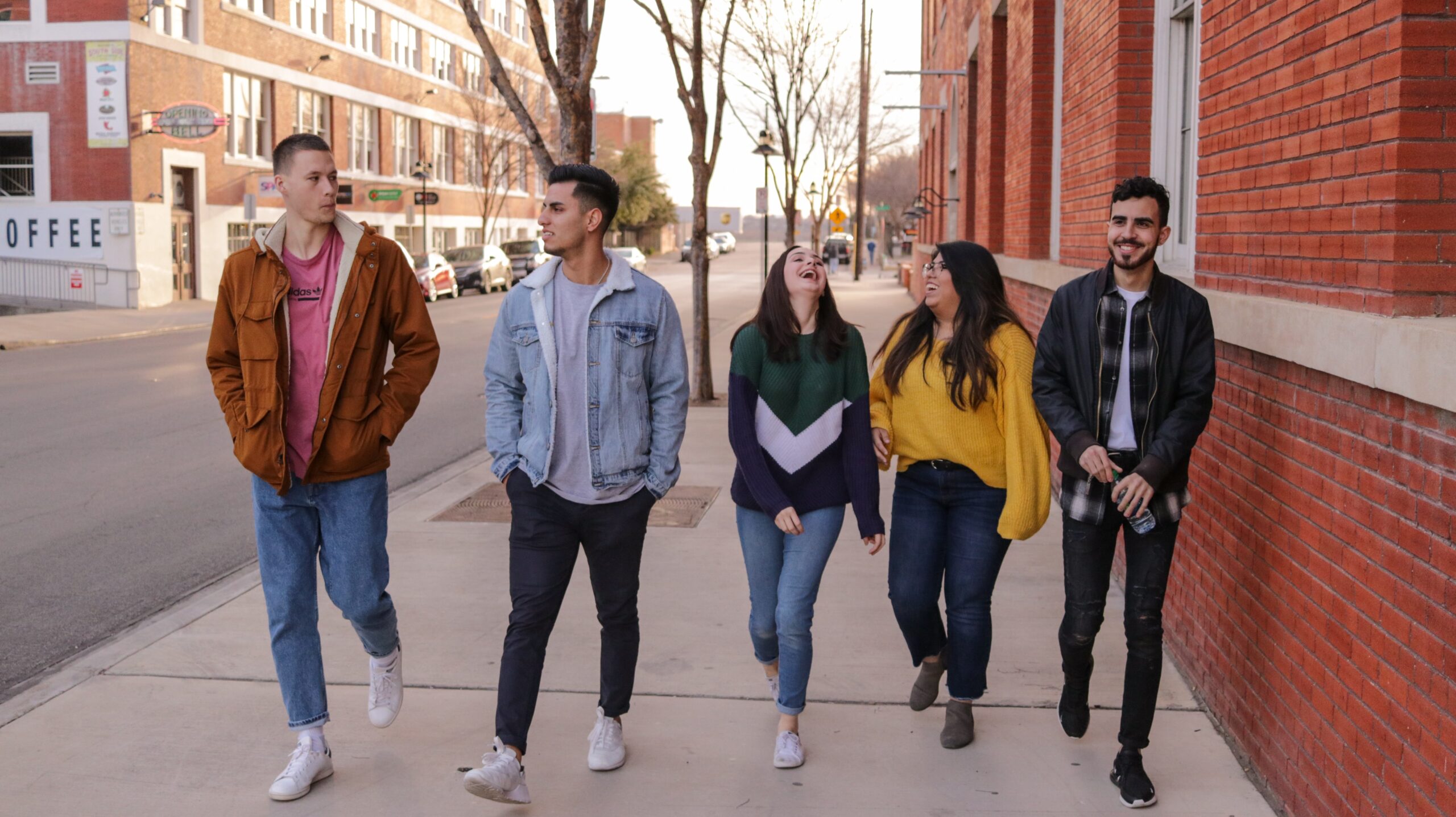Botvin LifeSkills Training Overview (Pending Approval)
“Botvin LifeSkills Training (LST) is a research-validated substance abuse prevention program proven to reduce the risks of alcohol, tobacco, drug abuse, and violence by targeting the major social and psychological factors that promote the initiation of substance use and other risky behaviors. This comprehensive and exciting program provides adolescents and young teens with the confidence and skills necessary to successfully handle challenging situations.”
Students are allowed to learn healthy alternatives to risky behaviors, such as:
Skills to resist social (peer) pressures to smoke, drink, and use drugs.
Developing greater self-esteem and self-confidence.
How to effectively cope with anxiety.
Increasing their knowledge of the immediate outcomes of substance abuse.
Enhance cognitive and behavioral competency to reduce a variety of health risk behaviors.
Outcomes
Botvin LST programs helps youth develop self-efficacy skills and help reduce or prevent:
Cuts tobacco use by 87%
Cuts alcohol use by 60%
Cuts marijuana use by 75%
Cuts methamphetamine use by 68%
Cuts polydrug use by 66%
Reduces Pack-a-Day Smoking by 25%
Lowers risk for Rx & opioid misuse
Decreases Use of Inhalants, Narcotics and Hallucinogens
Reduces violence
Reduces risky driving behavior
Demonstrates Effects on HIV Risk Behavior
Objectives
Botvin LST program consists of three components that help address drug use. Research shows that students who can develop skills in these domains are less likely to participate in risky behaviors:
- Drug Resistance Skills: Enables young people to recognize and challenge common misconceptions about tobacco, alcohol and other drug use and learn information and practical resistance skills for dealing with peers and media pressure.
- Personal Self-Management Skills: Students learn how to examine their self-image and its effects on
behavior, set goals and keep track of personal progress, identify everyday decisions and how they may
be influenced by others, analyze problem situations, and consider the outcomes of each alternative
solution before making decisions, reduce stress and anxiety and look at personal challenges in a
positive light. - General Social Skills: Students develop skills such as effective communication, avoiding misunderstandings, handling social requests, shyness, verbal and nonverbal assertiveness skills, and refusal requests. Students will recognize they have choices other than aggression or passivity when faced with tough situations.
Curriculum
Botvin LifeSkills Training (LST) High School Program is an interactive, skills-based curriculum to promote positive mental health and personal development for 9th and 10th-grade youth. This program helps youth navigate challenges they may face in high school and helps prepare them for independence and responsibilities. The program uses developmentally appropriate and collaborative learning strategies to help youth develop skills to help reduce and prevent student use and violence.
Botvin LifeSkills Training (LST) Transitions Program is an interactive, skills-based curriculum to promote positive mental health and personal development for 16-year-old+ youth (11th and 12th grades). This program focuses on helping youth transition into the workforce and/or higher education by learning skills to achieve success and help reduce and prevent student use and violence.
The following table provides a breakdown (with both differences and similarities) of the program structure between both the Botvin LST High School and Transitions Programs:
High School Program
9th and 10th grade youth
10 sessions
45 minutes each session
Scheduling options are once a week for ten weeks or two to three times a week for 3-4 weeks.
Students can receive a certificate of completion
Transitions Program
16-year-old youth (11th and 12th grade)
6 sessions (with 4 additional supplemental lessons)
45 minutes each session
Scheduling options are once a week for ten weeks or two to three times a week for 3-4 weeks.
Students can receive a certificate of completion
References:
High School Program https://www.lifeskillstraining.com/botvin-lifeskills-training-transitions/
Transitions Program https://www.lifeskillstraining.com/botvin-lifeskills-training-high-school-program/
Lessons
The following table provides a breakdown of the lessons in each program. For more information on the Unit Goals and Key Skills for each lesson, click the title of the programs to view online:
High School Program
The Value of Good Health
Decision-Making for Health
Risk-Taking and Substance Use
The Media and Health
Managing Stress, Anger, and Other Emotions
Family Communications
Healthy Relationships
Transitions Program
Goal-Setting for Success
Effective Communication
Managing Stress
Decision-Making and Risk
Managing Time and Money
Building Relationships
Four additional supplemental lessons TBD
THIS PUBLICATION WAS MADE POSSIBLE BY GRANT NUMBER 1 TP1AH000319-01-00 FROM THE HHS OFFICE OF POPULATION AFFAIRS.

